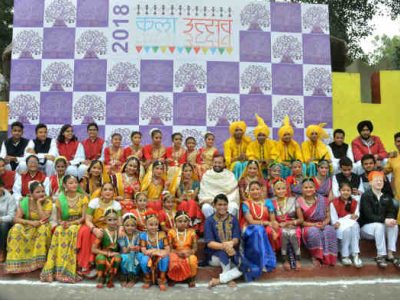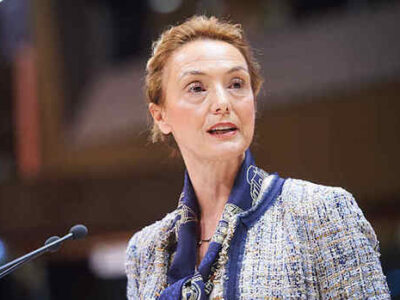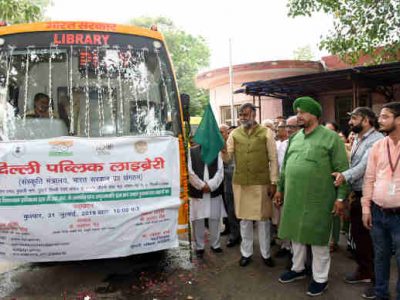
World Bank Offers $50 Million to Improve Education System in India
The Government of India and the World Bank signed a US$ 50 million credit Wednesday for the Nai Manzil: Education and Skills Training for Minorities Project.
The project aims to help young people from minority communities complete their education and gain from market-driven training programs with the aim of improving their employment outcomes.
The project will support the Government of India’s national Nai Manzil (New Horizon) Scheme, an education and skills development program for youth from minority communities, launched in August 2015.
[ How India Abuses Children’s Right to Education ]
The project will reach out to disadvantaged youth from minority communities and support their enrolment in open schooling, as well as provide hands-on vocational training. It will also provide post-placement support to assist them in finding sustainable employment.
The credit agreement for the project was signed by Raj Kumar, Joint Secretary, Department of Economic Affairs, Ministry of Finance, on behalf of the Government of India and Michael Haney, World Bank’s Operations Adviser in India, on behalf of the World Bank.
“India’s demographic dividend can be harnessed only if all young people from all sections of society are equipped with the education and skills needed to make them productive members of the economy,” said Michael Haney.
[ Can Madrasas in India Provide Modern Education to Muslims? ]
Twenty percent of young people (i.e. those between 17 and 35 years of age) from minority groups (notified minorities consist of Muslims, Parsees, Jains, Buddhists, Christians, and Sikhs) are out of the labor force, which is higher than their share of the youth population.
While overall the trend has been for youth in India to receive more years of formal education, youth from certain minority communities are more likely to experience lower levels of education and are more likely to be unemployed.
[ Constructive Education Framework for Students in India ]
According to the National Sample Survey 2011-2012, Muslim youth have the lowest labor market outcomes. They earn 25-30 percent lower wages, are 50 percent less likely to be engaged in the formal sector and have higher rates of unemployment.
A recent World Bank study of select skills training programs in five states of India found that well designed skills training programs make a positive difference; beneficiaries were found to experience a seven percentage point increase in employment (with a stronger result for women than for men) and a 21 percent increase in their wages.
[ Can Your Education Get You the Right Job? ]
In addition, formal education continues to shape employment outcomes and long-term productivity of the youth. Youth with primary education (or less) receive 12 percent lower wages than those with secondary education, the study found.
The credit is from the International Development Association (IDA) – the World Bank’s concessionary lending arm – the credit is on IDA terms with a maturity of 25 years, including a 5 year grace period.
In the picture above: At the signing – Michael Haney, Operations Advisor, World Bank, Raj Kumar, Joint Secretary, Department of Economic Affairs, Ministry of Finance and Dinesh Singh Bisht, Joint Secretary, Ministry of Minority Affairs
Photo courtesy: World Bank













